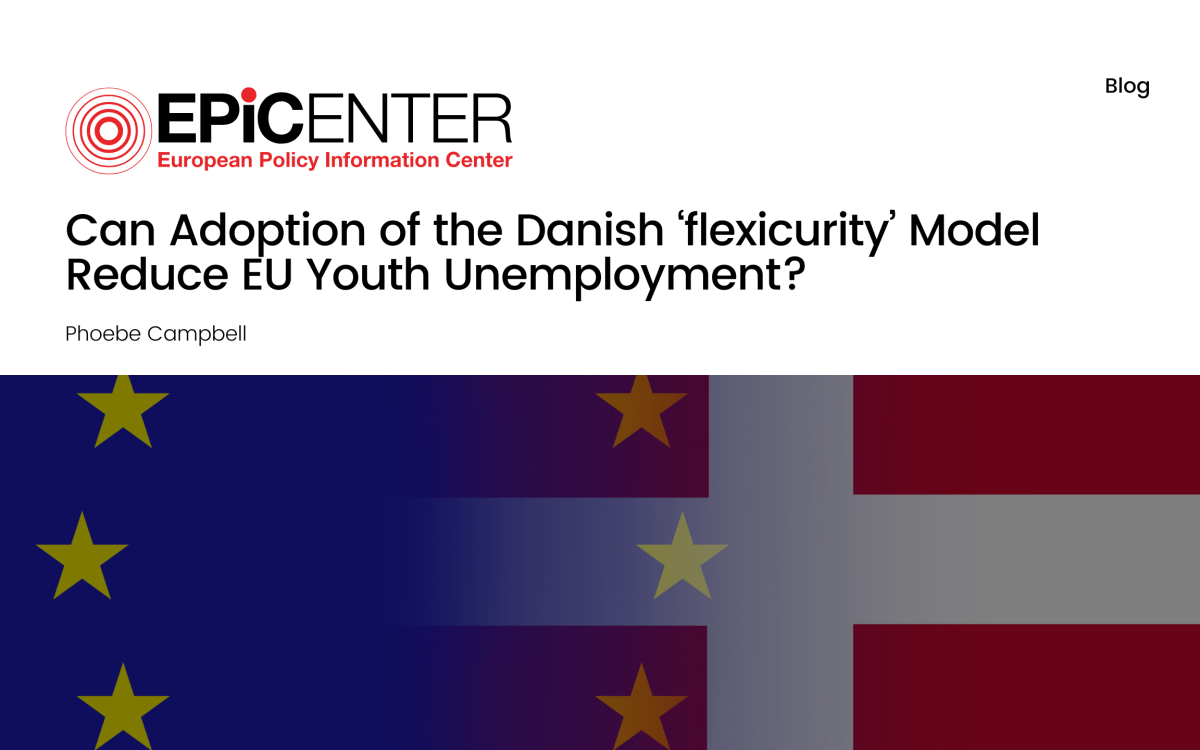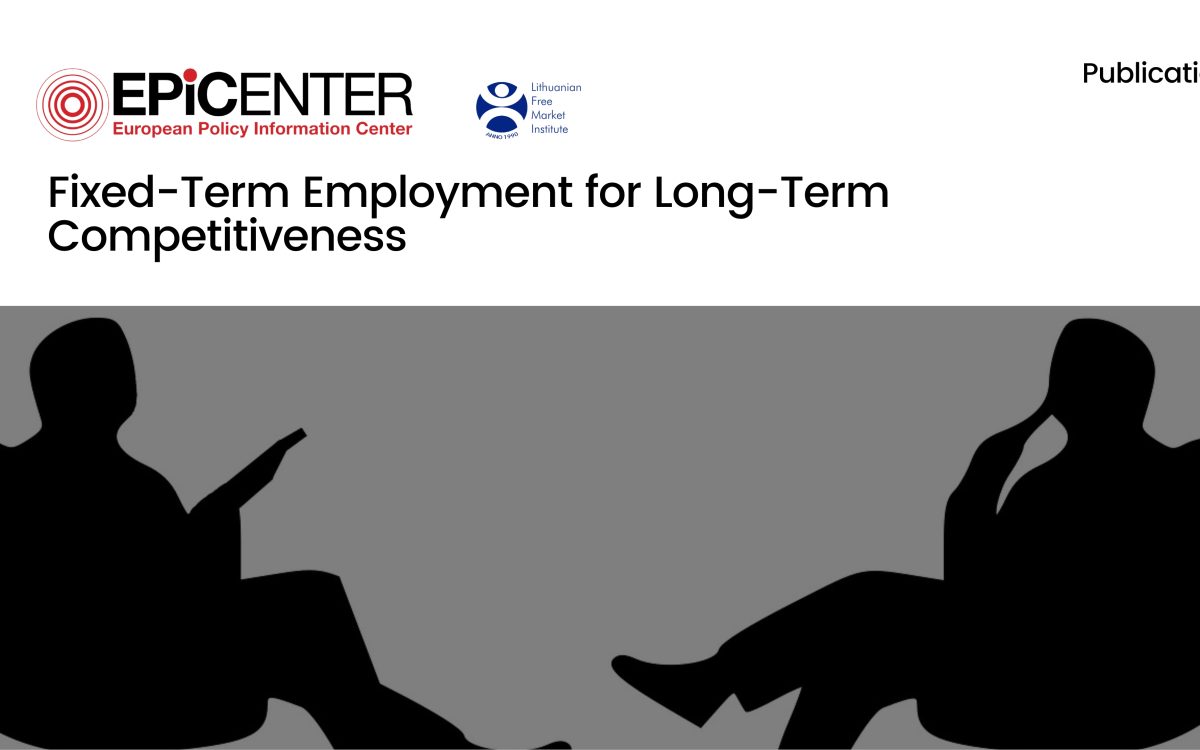October 5, 2021
The pandemic has not only had a disproportionate effect on youth employment as young people were more than twice as likely to lose their jobs compared to older employees, but it has also exacerbated the difficulties for young people leaving education and entering the labour market for the first time.







